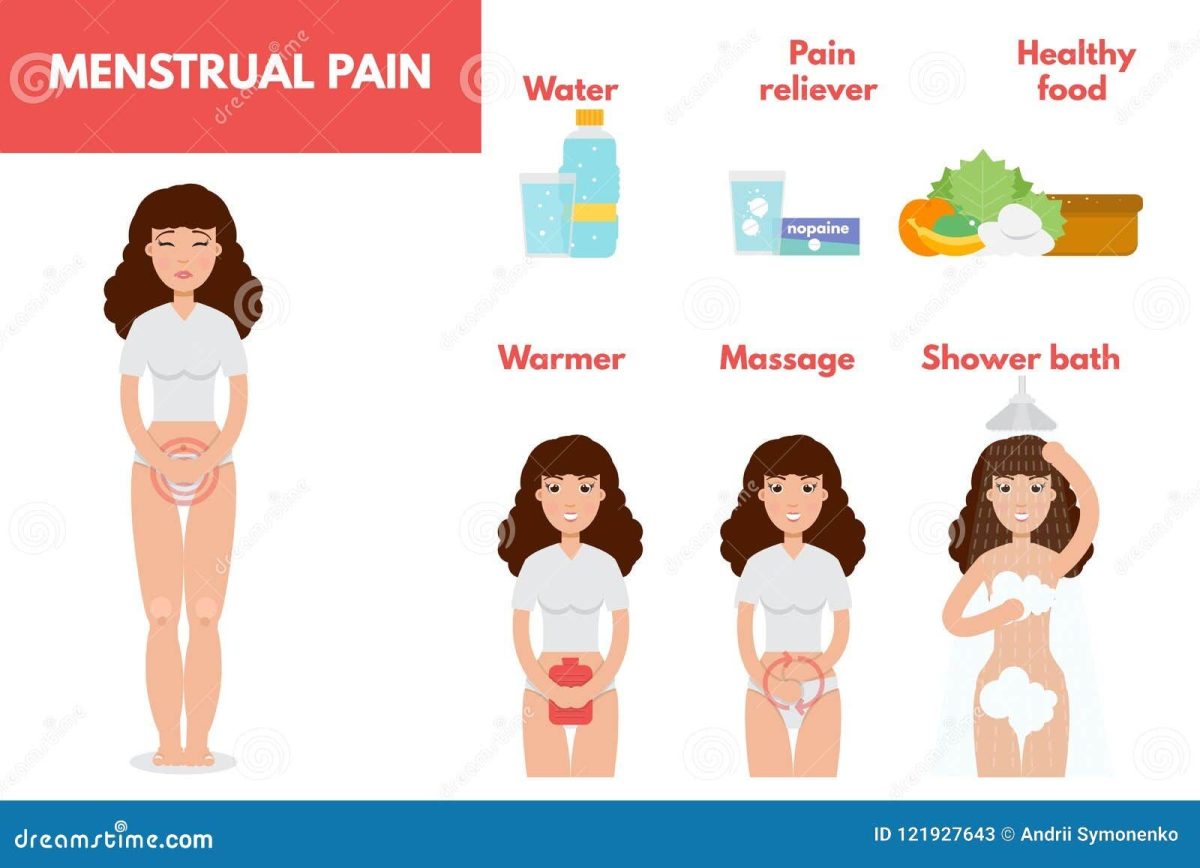For women, menstrual health plays a crucial role in their overall well-being and quality of life. Menstruation is a natural process that occurs every month, but it can be accompanied by a range of symptoms that can affect a woman’s daily routine. Premenstrual syndrome (PMS) is a condition that affects many women and can cause physical, emotional, and psychological discomfort. However, with proper management techniques and self-care, women can effectively manage their menstrual health and PMS symptoms.
Understanding Menstrual Health
Menstruation is the shedding of the uterine lining that occurs in women of reproductive age. On average, women experience menstrual bleeding once every 28 days, although the cycle length can vary between individuals. It is important to maintain proper menstrual hygiene to prevent infections and discomfort. Using sanitary pads or tampons and changing them regularly is essential to reduce the risk of infections and ensure comfort during this time.
The Common Symptoms of PMS
PMS is a condition that affects many women in the days leading up to their period. The symptoms can vary from woman to woman but commonly include physical symptoms such as bloating, breast tenderness, and headaches. Emotional symptoms like mood swings, irritability, and depression can also be experienced. Recognizing these symptoms and their patterns can help women be prepared and take necessary measures to manage them better.
Healthy Lifestyle Practices for Menstrual Health
Adopting healthy lifestyle practices can significantly help in managing menstrual health and reducing PMS symptoms. Here are a few essential tips:
Dietary Modifications
Consuming a well-balanced diet rich in fruits, vegetables, whole grains, and lean proteins can provide the necessary nutrients to support menstrual health. It is important to limit the intake of caffeine, alcohol, and processed foods as they can worsen PMS symptoms. Additionally, incorporating foods rich in calcium and magnesium can help reduce cramping and mood swings.
Regular Exercise
Engaging in regular physical activity can help alleviate menstrual cramps and boost mood. Exercises like walking, jogging, yoga, and swimming can provide relief from PMS symptoms by releasing endorphins, which are natural pain relievers. It is essential to find an exercise routine that suits individual preferences and capabilities.
Managing PMS Symptoms
There are several methods women can use to manage PMS symptoms effectively:
Pain Relief
Taking over-the-counter pain relievers like ibuprofen or acetaminophen can help alleviate menstrual cramps and reduce discomfort. Applying a heating pad or taking a warm bath can also provide relief.
Stress Management
Stress can exacerbate PMS symptoms, so finding healthy outlets to manage stress is important. Engaging in relaxation techniques such as deep breathing exercises, meditation, or practicing mindfulness can help reduce stress levels and alleviate symptoms.
Supplements and Herbal Remedies
Certain supplements and herbal remedies have shown promise in reducing PMS symptoms. Supplements like calcium, magnesium, vitamin B-6, and omega-3 fatty acids can be beneficial. Herbal remedies such as chasteberry, evening primrose oil, and ginger might also help manage symptoms. However, it is important to consult with a healthcare professional before starting any new supplements or herbal remedies.
Managing menstrual health and PMS symptoms is an essential part of every woman’s life. By understanding the common symptoms, adopting healthy lifestyle practices, and exploring various management techniques, women can effectively navigate through their menstrual cycles and lead a healthier, happier life.

